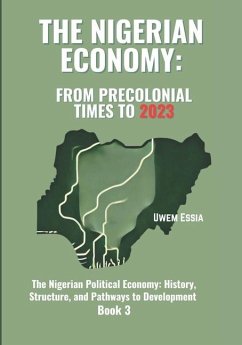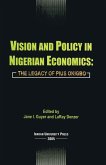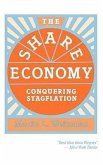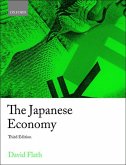This book, The Nigerian Economy: From Precolonial Times To 2023, is the third of the Series titled The Nigerian Political Economy: History, Structure, and Pathways to Development by the author. It analyses Nigeria's economic transformation from precolonial times to 2023, chronologically explaining how the economy's contours are transformed over time by traditional systems, colonial policies, post-independence aspirations, oil wealth, and modern reforms. It explains how and why the colonially set import dependency has persisted supporting preference for imported consumer goods and industrial raw material, and the inability of successive government to proactively incentivize and enforce the improvisation of local substitutes to reduce import dependence. This policy failure by successive governments since independence is largely responsible for Nigeria's excessive dependency on import consumption and local production and vulnerability to export market shocks. The book discusses the precolonial trading networks and specialized production systems that thrived across different ecological zones and how British colonial rule fundamentally restructured them by introducing new currencies, building infrastructures, and setting trade patterns that incorporated Nigeria as a peripheral post of the globalized British economy. An insightful analysis of post-independence developments, including the Dutch Disease tendencies of the oil boom era, the Structural Adjustment Programme (SAP) and guided deregulation policies that were deficient in depth and scope, the bold effort of the Obasanjo administration to implement far-reaching reforms including creating anti-graft agencies and introducing prudential jargons like ''due process" into the Nigeria economic management lexicon. The Obasanjo's government is also remembered for cutting Nigeria's indebtedness to give the country a fresh start. Lastly, Muhammadu Buhari's administration's failed efforts to fight corruption, check insecurity, and diversify the economy away from oil are analyzed. Despite the challenges, Nigeria's economic history shows that significant progress is being made with the successes of the Dangote refineries and petrochemical industry, among several others. Equally, civil society movements and the press are gathering momentum in their campaign for good governance, and their efforts are yielding good results. With the social media revolution, the pressure on the government for better governance is growing. Nigeria is certainly getting better by the day despite the challenges. This book is an essential resource for investors, policymakers, students, and anyone interested in the development of Nigeria in particular and Africa in general.
Hinweis: Dieser Artikel kann nur an eine deutsche Lieferadresse ausgeliefert werden.
Hinweis: Dieser Artikel kann nur an eine deutsche Lieferadresse ausgeliefert werden.








